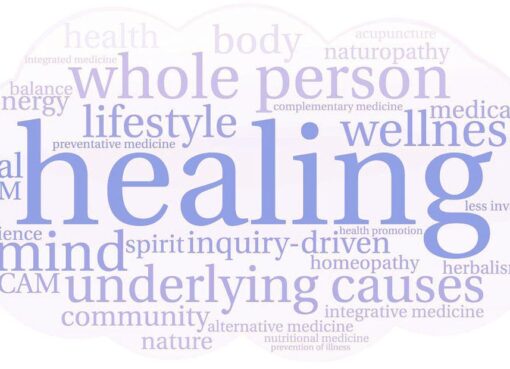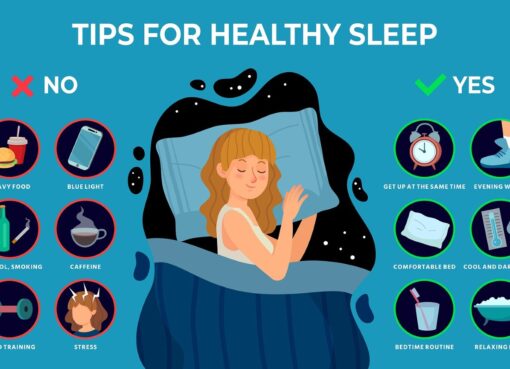AI in Healthcare

AI in Healthcare: How Artificial Intelligence is Revolutionizing Medicine, Diagnosis, and Patient Care
Introduction
Artificial Intelligence (AI) is transforming the healthcare industry, revolutionizing diagnostics, treatment planning, drug discovery, and patient management. AI-driven technologies are enhancing accuracy, reducing human errors, and streamlining medical processes, leading to faster, more effective, and personalized healthcare solutions. With machine learning, deep learning, and predictive analytics, AI is reshaping the future of medicine, offering breakthroughs that were once considered impossible.
The Role of AI in Healthcare
AI’s impact on healthcare is vast, covering everything from early disease detection to robotic-assisted surgeries. The ability to analyze massive datasets, recognize patterns, and make data-driven decisions has positioned AI as a game-changer in medical advancements. Key areas where AI is making a difference include:
- Medical Imaging and Diagnostics – AI-powered imaging tools detect diseases with higher precision than traditional methods.
- Predictive Analytics – Machine learning models analyze patient history to forecast potential health risks.
- Personalized Medicine – AI tailors treatments based on genetic, lifestyle, and medical data.
- Robotic Surgery – AI-driven robots assist surgeons with unparalleled precision and efficiency.
- Drug Discovery and Development – AI accelerates the identification of new drugs, reducing research time and costs.
AI in Disease Diagnosis and Early Detection
One of AI’s most promising applications is in diagnosing diseases with speed and accuracy. Traditional diagnostic methods are time-consuming and sometimes prone to human error, but AI-driven models analyze medical data instantly, improving early detection and treatment outcomes.
1. AI in Radiology and Medical Imaging
AI-powered systems analyze X-rays, MRIs, and CT scans to detect abnormalities such as tumors, fractures, and internal bleeding with remarkable accuracy. Examples include:
- Google’s DeepMind AI – Successfully detects eye diseases and breast cancer with higher precision than human specialists.
- IBM Watson Health – Uses AI to analyze imaging data and assist radiologists in diagnosing complex conditions.
2. AI in Pathology
AI models are being trained to analyze pathology slides, identifying cancerous cells and other diseases at microscopic levels. AI-assisted pathology tools enhance diagnostic accuracy, allowing for early intervention and better patient outcomes.
AI-Powered Predictive Analytics and Personalized Medicine
AI-driven predictive analytics help doctors anticipate diseases before symptoms appear, allowing preventive care and personalized treatment strategies.
1. Early Disease Prediction
AI processes patient history, lifestyle factors, and genetic data to assess disease risks. Examples include:
- Heart Disease Prediction – AI models detect subtle signs of cardiovascular diseases based on ECG readings and biomarkers.
- Alzheimer’s Detection – Machine learning algorithms analyze speech patterns and brain scans to detect early cognitive decline.
2. Personalized Treatment Plans
AI tailors treatments based on individual patient data, leading to more effective outcomes. AI-driven platforms like IBM Watson Oncology recommend cancer treatments by analyzing medical literature and patient records.
AI in Robotic Surgery and Treatment Automation
Robotic-assisted surgeries powered by AI enhance precision, reduce complications, and shorten recovery times. AI-driven surgical robots assist in delicate procedures such as:
- Da Vinci Surgical System – Performs minimally invasive surgeries with enhanced precision.
- AI in Orthopedic Surgery – Helps in joint replacement and spinal surgeries by mapping optimal procedures.
AI in Drug Discovery and Medical Research
AI accelerates drug discovery, significantly reducing research timelines and costs. AI-driven platforms analyze chemical compounds, predict drug interactions, and streamline clinical trials. Notable advancements include:
- BenevolentAI – Uses AI to discover new drug candidates for diseases like Parkinson’s and cancer.
- DeepMind’s AlphaFold – Predicts protein structures, revolutionizing drug development and genetic research.
AI-Powered Virtual Health Assistants and Telemedicine
AI is improving patient care by offering virtual health assistants and telemedicine solutions. These AI-powered tools enhance accessibility and efficiency in healthcare.
1. AI Chatbots for Patient Support
Chatbots provide instant medical advice, schedule appointments, and assist patients in monitoring symptoms. Examples include:
- Babylon Health – AI chatbot offering 24/7 virtual consultations.
- Ada Health – AI-driven symptom checker guiding patients on medical concerns.
2. AI in Remote Patient Monitoring
Wearable devices equipped with AI track vital signs, alerting doctors to potential health risks. AI-powered telemedicine allows doctors to diagnose and treat patients remotely, improving healthcare access.
Challenges and Ethical Considerations of AI in Healthcare
Despite its benefits, AI in healthcare presents challenges such as:
- Data Privacy Concerns – Protecting patient data from cyber threats.
- Bias in AI Models – Ensuring AI algorithms are free from biases that could affect medical decisions.
- Regulatory Hurdles – Establishing standards for AI-powered medical tools.
The Future of AI in Healthcare
AI continues to push the boundaries of medicine, with advancements in:
- AI-Powered Drug Design – Speeding up vaccine and treatment development.
- Nanotechnology and AI – Targeting diseases at a molecular level.
- AI in Mental Health – Using AI-driven therapy bots to support mental well-being.
Conclusion
AI is revolutionizing healthcare by enhancing diagnostics, personalizing treatment, and improving patient outcomes. As technology advances, AI’s role in medicine will continue to expand, making healthcare more efficient, accessible, and accurate. The future of AI in healthcare holds limitless possibilities, paving the way for groundbreaking medical innovations and life-saving solutions.




Leave a Comment